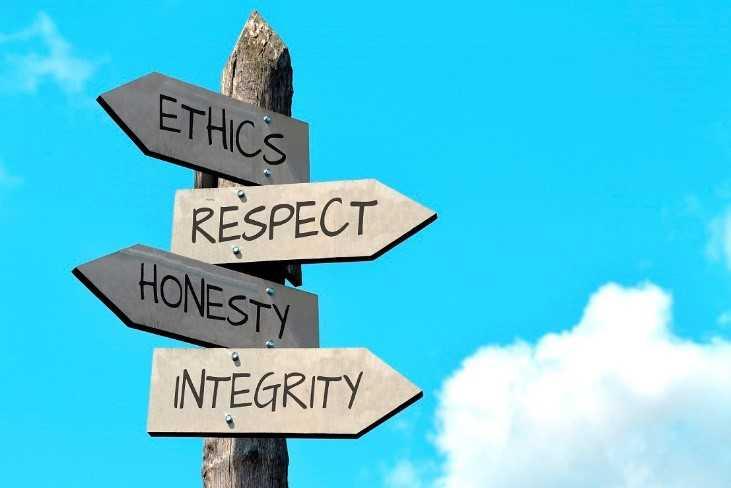Emotional Agility
Curated from: hbr.org
Ideas, facts & insights covering these topics:
5 ideas
·1.13K reads
26
Explore the World's Best Ideas
Join today and uncover 100+ curated journeys from 50+ topics. Unlock access to our mobile app with extensive features.
Emotional agility
Effective leaders don’t buy into or try to suppress their inner experiences. Instead, they approach them in a mindful, values-driven, and productive way—developing what we call emotional agility.
In our complex, fast-changing knowledge economy, this ability to manage one’s thoughts and feelings is essential to business success.
40
495 reads
Recognize your patterns
The first step in developing emotional agility is to notice when you’ve been hooked by your thoughts and feelings. That’s hard to do, but there are certain telltale signs. One is that your thinking becomes rigid and repetitive.
Leaders stumble when they are paying too much attention to their internal chatter and allowing it to sap important cognitive resources that could be put to better use.
39
201 reads
Label your thoughts and emotions
When you’re hooked, the attention you give your thoughts and feelings crowds your mind; there’s no room to examine them. One strategy that may help you consider your situation more objectively is the simple act of labeling.
Labeling allows you to see your thoughts and feelings for what they are: transient sources of data that may or may not prove helpful.
37
182 reads
Accept your thoughts and emotions
The opposite of control is acceptance—not acting on every thought or resigning yourself to negativity but responding to your ideas and emotions with an open attitude, paying attention to them, and letting yourself experience them.
Take 10 deep breaths and notice what’s happening in the moment. This can bring relief, but it won’t necessarily make you feel good. In fact, you may realize just how upset you really are. The important thing is to show yourself (and others) some compassion and examine the reality of the situation.
40
144 reads
Act on your values
When you unhook yourself from your difficult thoughts and emotions, you expand your choices. You can decide to act in a way that aligns with your values.
Is your response going to serve you and your organization in the long term as well as the short term? Will it help you steer others in a direction that furthers your collective purpose? Are you taking a step toward being the leader you most want to be and living the life you most want to live?
The mind’s thought stream flows endlessly, and emotions change like the weather, but values can be called on at any time, in any situation.
34
112 reads
IDEAS CURATED BY
Cayden X.'s ideas are part of this journey:
Learn more about leadershipandmanagement with this collection
How to create a positive work environment
Techniques for cultivating gratitude and mindfulness at work
How to find purpose in your work
Related collections
Similar ideas
Read & Learn
20x Faster
without
deepstash
with
deepstash
with
deepstash
Personalized microlearning
—
100+ Learning Journeys
—
Access to 200,000+ ideas
—
Access to the mobile app
—
Unlimited idea saving
—
—
Unlimited history
—
—
Unlimited listening to ideas
—
—
Downloading & offline access
—
—
Supercharge your mind with one idea per day
Enter your email and spend 1 minute every day to learn something new.
I agree to receive email updates



